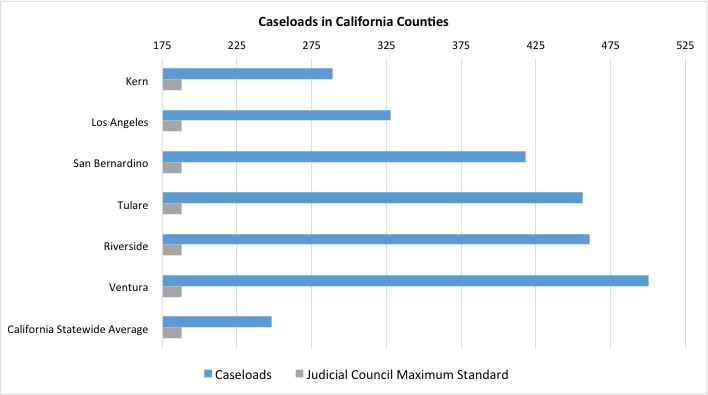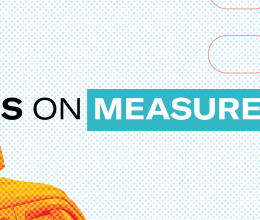
Imagine having the moral and legal responsibility to represent over 500 individual children in complex legal proceedings and protect their best interests. These are the impossible circumstances that currently face dependency attorneys in California, as documented in “System on the Brink,” a white paper issued today by the ACLU of California.
Dependency courts adjudicate cases where parents are alleged to have abused or neglected their children. The stakes are enormous – the dependency courts have the power to order children removed from the home and, in appropriate cases, permanently sever parental rights. By law, attorneys must be appointed to represent children and parents in dependency proceedings if they cannot afford to pay for one.
The primary role for dependency attorneys is to look out for their clients’ best interests throughout the often lengthy proceedings. This requires attorneys to develop relationships with their clients and serve as a steady and comforting guide through the difficult and often painful legal proceedings. These attorneys provide a range of services for their clients, including conducting factual investigations and legal research, appearing for multiple hearings and trials, and securing needed social services.
It should come as no surprise that attorneys cannot provide these critical services when they are forced to carry unmanageable caseloads. As one attorney who currently represents over three hundred children remarked, “I feel like I am drowning and am failing my clients.”
Sadly, this is nothing new in California. As far back as 2002, the California legislature and Judicial Council recognized that dependency counsel were overburdened by large caseloads that prevented them from providing adequate representation. After conducting a multi-year study, Judicial Council found that an “optimal” caseload is 77 clients and ultimately recommended that no dependency attorney handle a caseload of more than 188 clients. Judicial Council has candidly acknowledged that the 188 standard is much larger than what experts and other states have recommended, but that the number reflected “fiscal realities” in California.
Yet despite Judicial Council’s recognition of the caseload crisis, the situation has only grown more dire in recent years. Over the past six years, the state has maintained the same funding for dependency counsel while open cases have continued to escalate. The result is that now dependency counsel in 15 counties maintain caseload averages more than double Judicial Council’s 188 maximum standard and several counties average more than 400-500 clients per attorney.
Beyond putting children and families at undue risk, these excessive caseloads are also resulting in legal violations. Constitutional due process principles, as well as state and federal laws, require that the state provide sufficient funding to enable dependency counsel to provide “competent” and “effective” representation. As Judicial Council has already recognized, the state is not complying with these legal mandates when it forces its dependency attorneys to carry these unmanageable caseloads.
There are hardly more consequential acts the government can take than deciding whether to remove a child from the home and terminate familial rights. It is imperative that the courts get these decisions right. Yet California continues to place children and families at risk of losing these fundamental interests without adequate protections. The state must fulfill its legal obligations by increasing funding for dependency counsel and ensuring that children and parents receive the representation that they deserve.
Michael Kaufman and Victor Leung are staff attorneys at the ACLU of Southern California. Follow ACLU_SoCal






